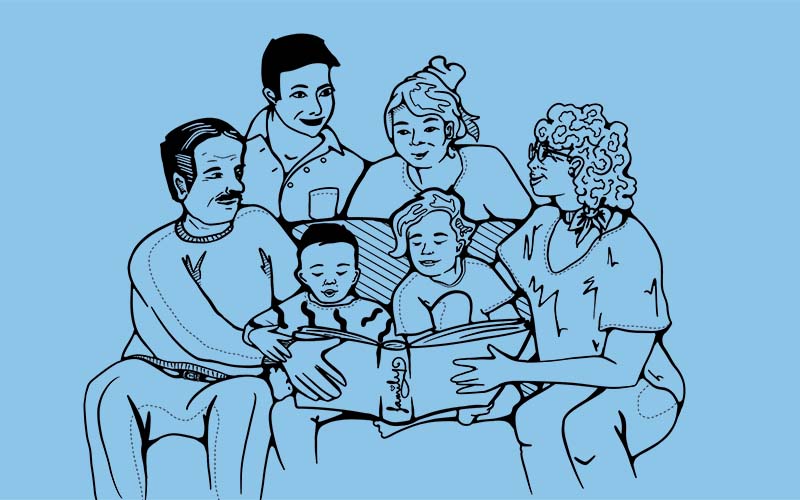Search

News & Events
Mental health champion a ‘brilliant woman’Congratulations to Head of Youth Mental Health at The Kids Research Institute Australia, Dr Yael Perry, who has received a Telstra Health 2023 Brilliant Women in Digital Health Award in recognition of her innovative use of technology to achieve positive mental health outcomes for marginalised young people.

News & Events
Giorgetta Family FellowshipWith mental health issues an escalating problem among young people, looking after the mental health of future generations has never been more

News & Events
NHMRC grants to benefit vulnerable and disadvantaged children and young peopleTwo leading The Kids Research Institute Australia researchers will use more than $1.1 million in National Health and Medical Research Council funding to improve outcomes for some of the world’s most vulnerable children and young people.

News & Events
What’s the difference between anxiety and depression?While depression and anxiety can have similar signs and symptoms, they also have some distinct features.

News & Events
Embracing the mental health of our children and young peopleEmbrace – a new research collaboration based at The Kids – will bring a new focus to understanding and improving the mental health of children and young people.

News & Events
New website provides tools and resources for parents of gender diverse children and young peopleTransforming Families is providing evidence-based resources to help support the mental wellbeing of young people questioning their gender identity, or who identify as trans or gender diverse.

News & Events
Leading mental health champion recognised on 2023 Australia Day Honours ListProminent consultant psychiatrist and Western Australia’s 2021 Australian of the Year, Professor Helen Milroy AM, has been recognised as a Member of the Order of Australia (General Division).

News & Events
Aboriginal researcher and psychiatrist named joint winner of national mental health prizePioneering Aboriginal psychiatrist, researcher and mental health champion Professor Helen Milroy has been named joint winner of the 2020 Australian Mental Health Prize.

News & Events
Australian researchers join international project to curb unhealthy lifetime trajectoriesAustralian researchers join global effort to better understand how events during pregnancy and childhood influence the development of disease later in life.
Research
Cohort profile: A population-based record linkage platform to address critical epidemiological evidence gaps in respiratory syncytial virus and other respiratory infectionsThe Western Australia (WA) Respiratory Infections Linked Data Platform is a population-based cohort established to investigate the epidemiology of RSV and other respiratory infections in children aged 0-10 years, incorporating microbiological testing patterns, hospital admissions, emergency department presentations, and socio-demographic data.
